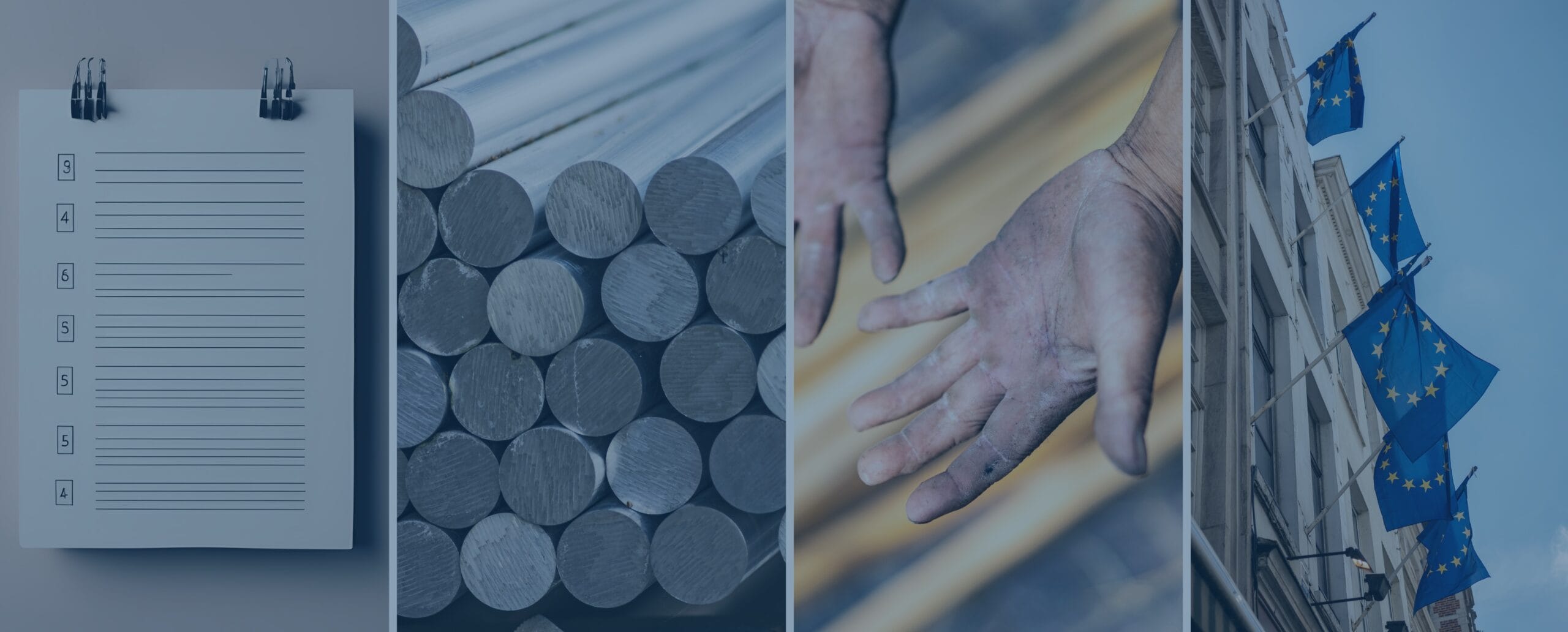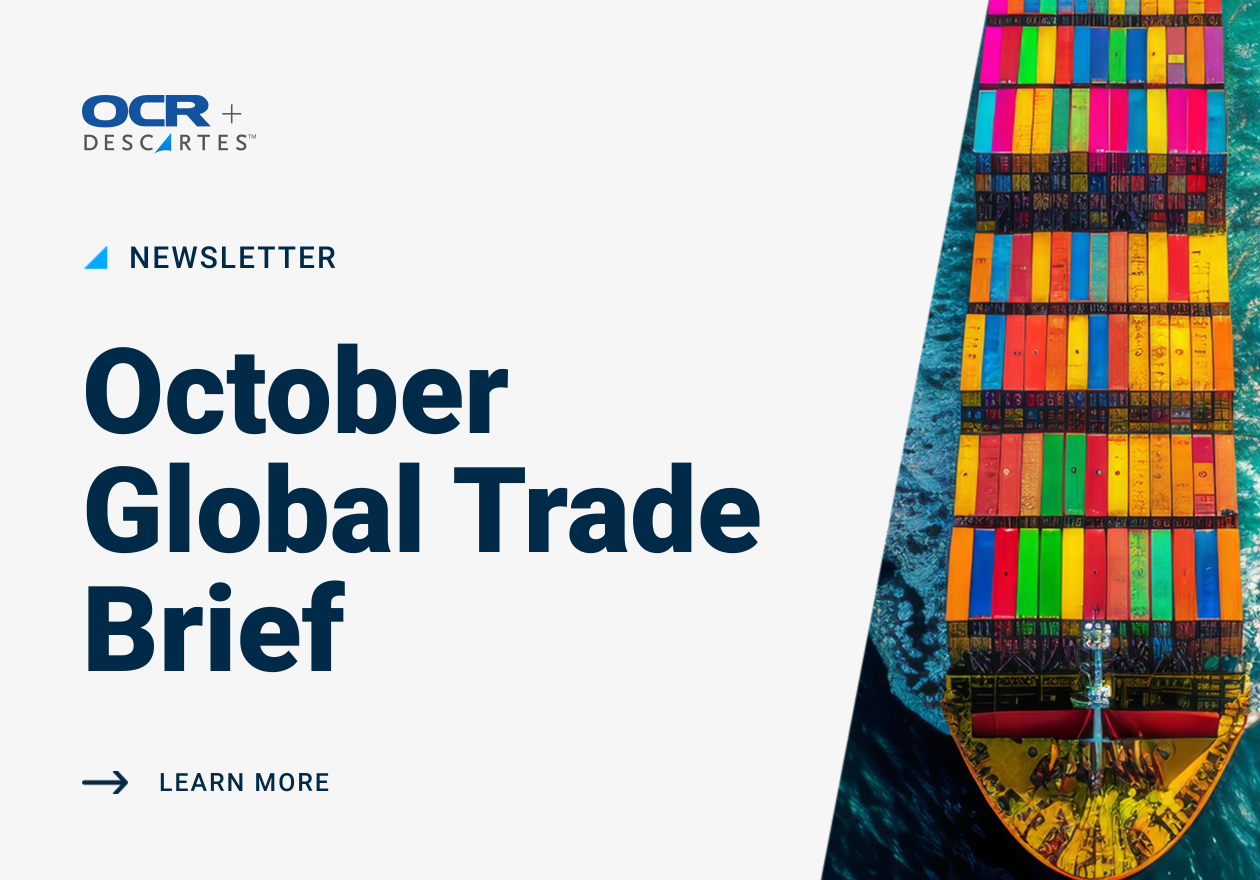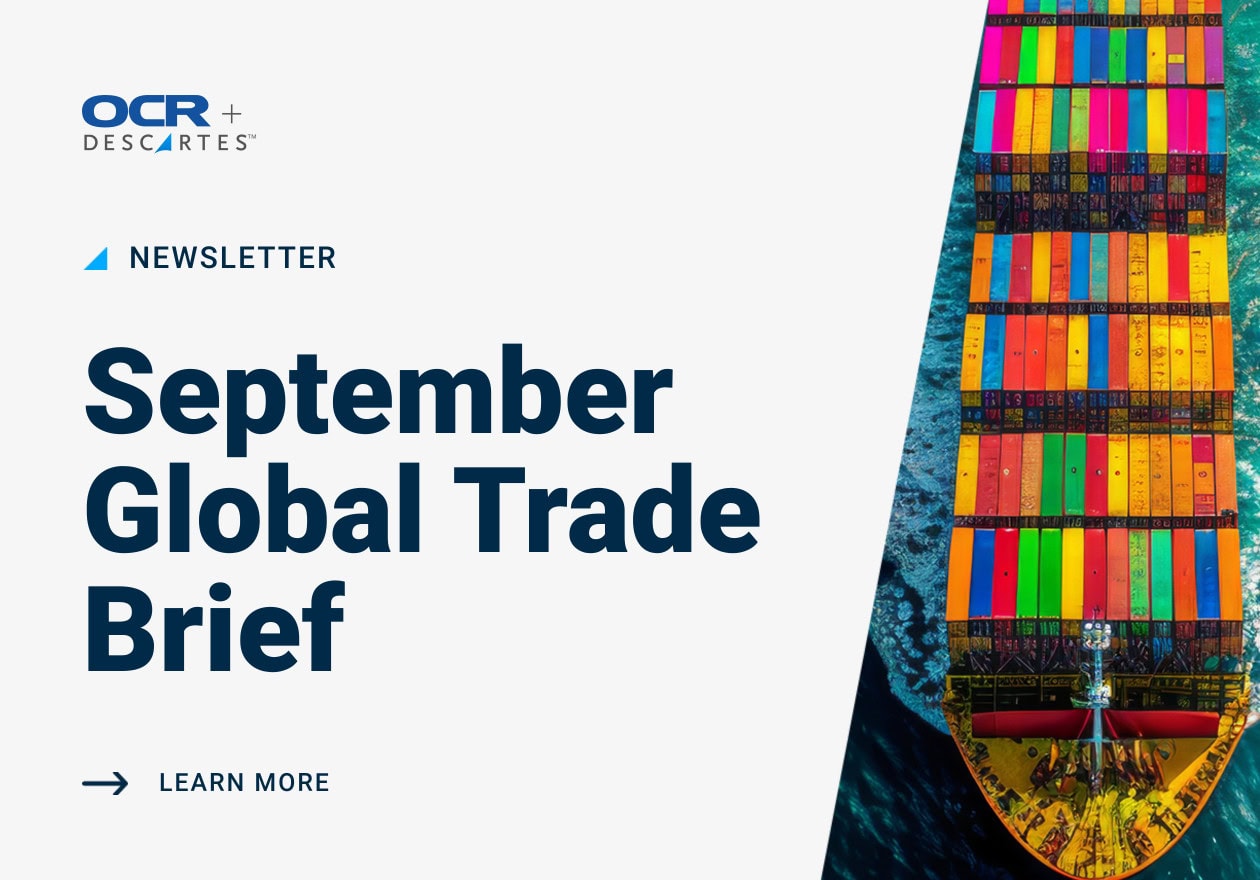The Unverified List; Latest Additions and Removals
The Bureau of Industry and Security (BIS) is amending the Export Administration Regulations (EAR) by adding 13 persons to the Unverified List (UVL). The 13 persons being added are included under the following destinations: China, Peoples’ Republic of (China) (8), Cyprus (1), Kyrgyzstan (1), Türkiye (2), and the United Arab Emirates (UAE) (1). BIS is also amending the EAR by removing eight persons from the UVL of the eight persons being removed, one is under the destination of the UAE, one is under the destination of Russia, and six are under the destination of China. This final rule also removes the country name Russia from the UVL. Lastly, this final rule replaces the country name Turkey with Türkiye in the UVL. This is a conforming change to the U.S. State Department’s recognition on January 9, 2023, of Türkiye’s official name.
Source: 2024-14642.pdf (federalregister.gov)
Addition of Entities and Revision of Entries on the Entity List
In this rule, the Bureau of Industry and Security (BIS) amends the Export Administration Regulations (EAR) by adding six entries to the Entity List, under the destinations of the People’s Republic of China (China) (2), South Africa (1), the United Arab Emirates (UAE) (2), and the United Kingdom (1). These entities have been determined by the U.S. Government to be acting contrary to the national security or foreign policy interests of the United States. This rule also modifies two existing entities on the Entity List, one under the destination of China and one under the destination of Russia.
Source: 2024-14635.pdf (federalregister.gov)
Guidance to Industry on BIS Actions Identifying Transaction Parties of Diversion Risk
BIS generally administers controls on end users by designating them on one of its public screening lists – e.g., the Unverified List, Entity List, Military End-User List, and Denied Persons List – each of which imposes its own specific set of license or other EAR requirements involving listed parties. BIS uses a variety of additional mechanisms to notify companies and universities about other parties of national security concern, such as those that present a risk of diverting EAR items to restricted end uses or end users in Russia. This guidance outlines the different actions that BIS takes – through “supplier list” letters, Project Guardian requests, “red flag” letters, and “is informed” letters – to inform companies and universities about parties (beyond those identified on our screening lists) that present diversion risks. It also outlines the responsibilities of companies and universities to mitigate those diversion risks. Further, the guidance contains a new recommended best practice for companies and universities involved with the export, reexport, or transfer (in-country) of Common High Priority List (CHPL) items to conduct additional screening of parties to such transactions to prevent the diversion of EAR items to Russia through third countries
Source: Guidance-for-Complying-with-BIS-Letters-Identifying-Transaction-Parties-of-Diversion-Risk_v8.pdf
A Proclamation on Adjusting Imports of Aluminum into the United States
Highlights:
(1) Imports of aluminum articles and derivative aluminum articles that are products of Mexico shall be exempt from the new duty provided that such aluminum products do not contain primary aluminum for which the reported primary country of smelt, secondary country of smelt, or country of the most recent cast is China, Belarus, or Iran.
(2) Aluminum articles eligible for treatment under clause 1 of this proclamation must be accompanied by a certificate of analysis in order to receive such treatment. Eligible aluminum articles must not contain primary aluminum for which the reported primary country of smelt, secondary country of smelt, and country of the most recent cast is China, Russia (subject to paragraph 10 of this proclamation), Belarus, or Iran. The final solid state can take the form of either a semi-finished product (slab, billets or ingots) or a finished aluminum product.
(3) For purposes of implementing this and other proclamations, importers shall provide to CBP the information necessary to identify the countries where the primary aluminum used in the manufacture of aluminum articles imports covered by clause 1 of Proclamation 9704 are smelted and information necessary to identify the countries where such aluminum articles imports are cast. CBP shall implement the smelt and cast information requirements as soon as practicable.
(4) The modifications to the HTSUS made by clause 1 of this proclamation shall be effective with respect to goods entered for consumption, or withdrawn from the warehouse for consumption, on or after 12:01 a.m. Eastern daylight time on July 10, 2024, and shall continue in effect, unless such actions are expressly reduced, modified, or terminated.
(5) Any imports of aluminum articles that are products of Mexico and that were admitted into a U.S. foreign trade zone under “privileged foreign status” as defined in 19 CFR 146.41, prior to 12:01 a.m. Eastern daylight time on July 10, 2024, shall be subject upon entry for consumption made on or after 12:01 a.m. eastern daylight time on July 10, 2024, to the provisions of Proclamation 9893, Proclamation 9980, and Proclamation 10522 (for imports containing aluminum smelt or cast in Russia).
(6) Any provision of previous proclamations and Executive Orders that is inconsistent with the actions taken in this proclamation is superseded to the extent of such inconsistency.
Source: A Proclamation on Adjusting Imports of Aluminum Into the United States | The White House
Forced Labor Enforcement Task Force Publishes Updated Uyghur Forced Labor Prevention Act Strategy
WASHINGTON – On July 9, the Forced Labor Enforcement Task Force (FLETF) published a second update to the Uyghur Forced Labor Prevention Act (UFLPA) Strategy to Prevent the Importation of Goods Mined, Produced, or Manufactured with Forced Labor in the People’s Republic of China, which was initially issued in June 2022.
This update to the UFLPA Strategy highlights enforcement of the UFLPA’s rebuttable presumption, which prohibits goods from being imported into the United States that are either produced in Xinjiang, or by entities identified on the UFLPA Entity List, unless the importer can prove, by clear and convincing evidence, the goods were not produced with forced labor. Since the implementation of the UFLPA’s rebuttable presumption began in June 2022, U.S. Customs and Border Protection (CBP) has examined more than 8,500 entries, valuing more than $3.3 billion to ensure that goods made with forced labor do not enter U.S. commerce.
Additionally, the strategy highlights a significantly expanded UFLPA Entity List, from the initial 20 entities named in the 2022 Strategy to 68 entities as of the date of these Updates. The FLETF has also identified new high-priority sectors for enforcement – polyvinyl chloride, aluminum and seafood – to inform the trade community of supply chains that involve a higher risk of forced labor from the Xinjiang Uygur Autonomous Region.
EU-New Zealand Free Trade Agreement Guidance on rules of origin
The Commission has published a guidance document on the application of the rules of origin set out in the EU New Zealand Free Trade Agreement which entered into force on 1 May 2024.
Under this Agreement, EU exporters that are shipping consignments of EU-originating products above EUR 6,000 need to make out a statement of origin for those products to allow importers in New Zealand to claim preferential tariffs. To do this the EU exporter must be registered in the REX system and state their REX number on that statement.
Source: EU-New Zealand Free Trade Agreement Guidance on rules of origin – European Commission (europa.eu)
U.S. changes to scope and terms used in EAR to describe “standards-related activities”
In this interim final rule, the Bureau of Industry and Security (BIS) amends the Export Administration Regulations (EAR) to revise the scope and the terms used in the EAR to describe ‘‘standards-related activities’’ that are subject to the EAR. BIS is making these revisions to ensure that export controls and associated compliance concerns do not impede the participation and leadership of U.S. companies in legitimate standards-related activities.
Source: 2024-15810.pdf (govinfo.gov)
Customs User Fees to Be Adjusted for Inflation in Fiscal Year 2025
This document announces that U.S. Customs and Border Protection (CBP) is adjusting certain customs user fees and corresponding limitations established by the Consolidated Omnibus Budget Reconciliation Act (COBRA) for Fiscal Year 2025 in accordance with the Fixing America’s Surface Transportation Act (FAST Act) as implemented by the CBP regulations.
Source: 2024-15990.pdf (federalregister.gov)



